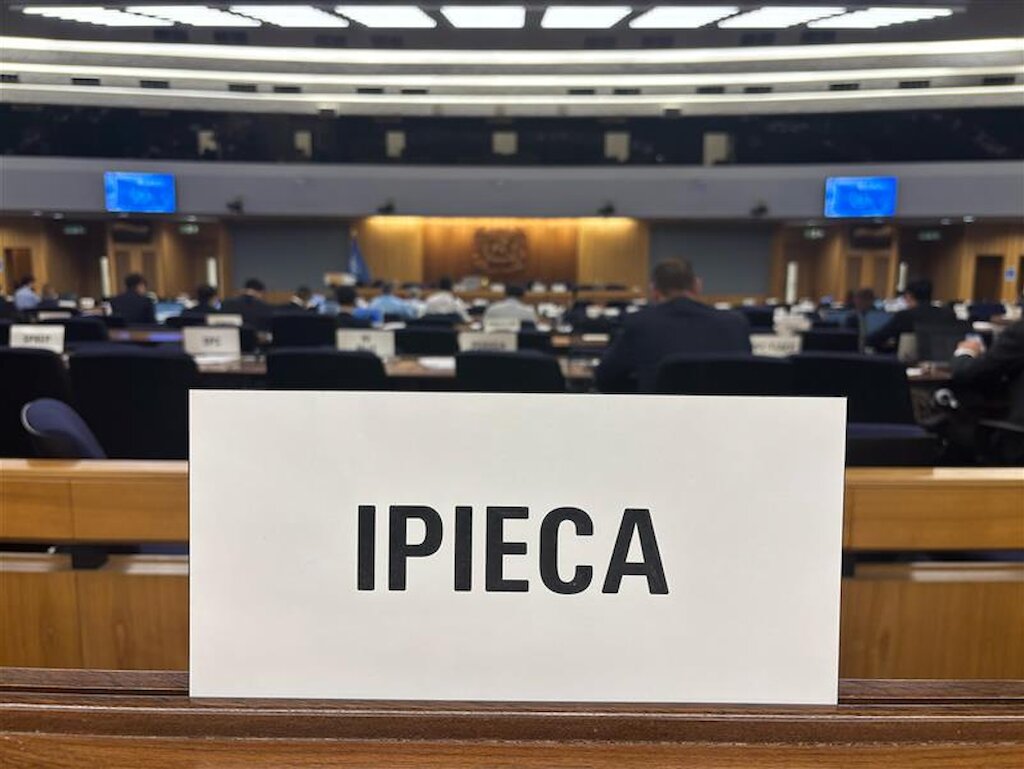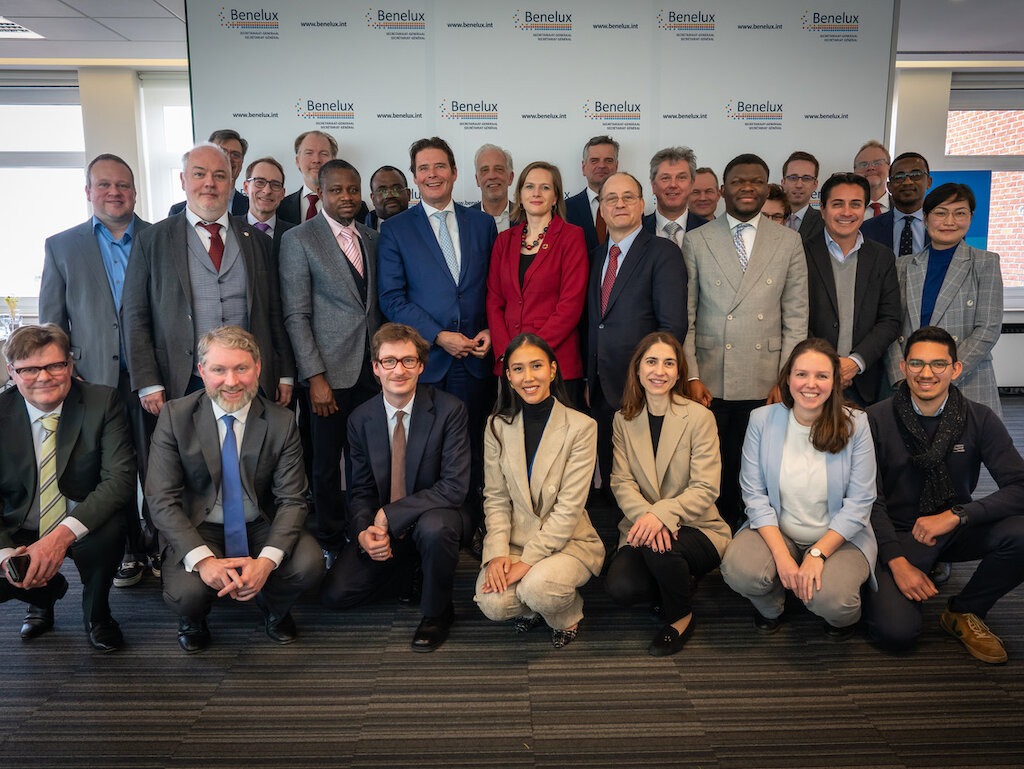It’s an understandable question, how is an oil and gas association like Ipieca helping the environmental and social performance of renewables?
Well, while Ipieca members produce oil and gas, many of them have also diversified into renewables, with more and more of them investing in and operating an increasing amount of renewable energy projects and low-carbon solutions. In fact, some individual companies already have over 10 GW of renewable projects in operation and collectively, based on current investments, Ipieca members are likely to achieve over 325 GW of renewable energy capacity by 2050.
However, it isn’t just this shift in membership scope that has led us to renewables. Ipieca is committed to supporting the Paris Agreement. In fact, our first principle, a condition of membership, is to support the Paris Agreement. We recognise that renewables have a key role to play in helping the world achieve its climate action goals, and we want to do what we can to support energy transition enabling technologies to scale up, and in a way that is sustainable.
Any large energy infrastructure project, be it for oil, gas, wind or solar, requires land and resources, in turn impacting the surrounding natural environment and local communities. Additionally, they need long and sometimes complex supply chains, which need to be managed responsibly.
The question of how Ipieca can support renewables to scale up was a central part of our 2021-24 strategy review, during which we held consultations with our members and our stakeholders from UN, NGO and academic organizations. Everyone involved realised that we not only had a role to play, but in fact a unique one: that of supporting the sustainable scale up of renewables, helping to enhance the environmental and social performance of renewable projects.
Ipieca’s unique role
There is no global organization out there which does what Ipieca does in the renewables space. Nor is there any other organization with our level of expertise in the area of environmental and social good practice guidance. We’ve been around for almost 50 years and have produced over 300 good practice guidance to support companies produce the energy the world needs with as low emissions as possible and in a way that cares for people and protects and enhances nature. A just transition requires environmental and social performance across the energy mix – we’ve got the expertise and membership in place to support that.
What are we doing to support the environmental and social performance of renewables?
Following on from the strategy review, we formed the Alternative Energy Task Force, bringing together climate, environmental and social performance renewables experts from member companies to assess how Ipieca can help the sustainable scale up of renewables.
The task force reviewed existing Ipieca guidance and found many of them could be readily used by renewable energy projects and practitioners. We published Environmental and social good practice for the energy transition: a compendium of Ipieca good practices. It provides an overview of Ipieca guidance and tools on environmental and social performance which have cross-sector applicability, detailing which alternative energy technologies - including wind, solar, biofuels and more - will benefit most from their use.
Since the strategy review and task force was established, it has worked to make sure that all new Ipieca guidance is developed to be of use by oil, gas and alternative energy companies where applicable and will now begin to develop guidance specifically for wind and solar.
What’s next?
We have recently published a literature review of existing wind and solar supply chain and carbon footprint management good practice guidance.
This document has been used to identify gaps, which Ipieca can address with good practice guidance, as well as forming the basis to host peer learning sessions.
As our work develops in this area, a key task - one Ipieca is well suited for - is to bring different stakeholders together to collaborate on ways to scale up renewables sustainably.
Going back to the opening question, if you look a bit deeper beyond our label as an oil and gas association to what we’re here to do and how we go about doing it, then our role in helping renewables scale up sustainably makes a lot of sense.
Ipieca has a unique role in supporting the sustainable scale up of renewables, helping to enhance the environmental and social performance of renewable projects.



